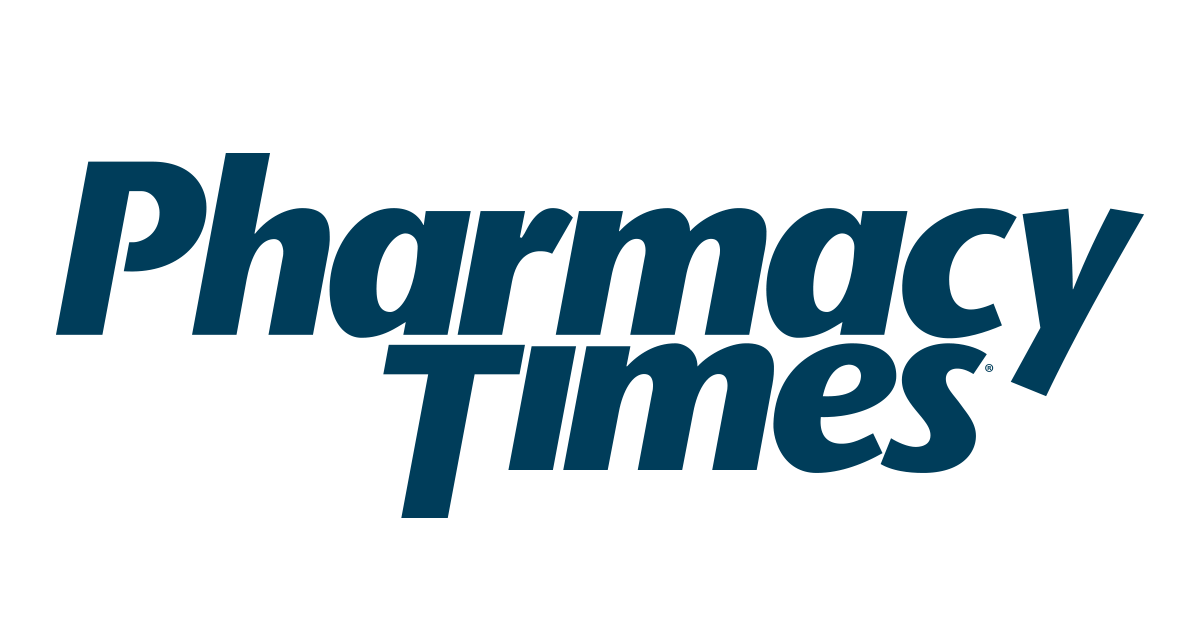- Joined
- Dec 1, 2015
- Messages
- 1,769
- Reaction score
- 1,801
Anyone here completed a masters degree after pharmd? Any recommendations on programs/schools?
I'm curious about MS in Pharmacy Leadership, Healthcare Administration, or maybe even informatics... would like to hear feedback if any of you have gone and completed one of these programs. Would need to be online and reasonable price-wise.
Discuss.
Some resources I've come across:
List of programs in the US that would be applicable to our field: Graduate Degree Programs for Pharmacy and Pharmaceutical Sciences | AACP

 www.pharmacytimes.com
www.pharmacytimes.com
I'm curious about MS in Pharmacy Leadership, Healthcare Administration, or maybe even informatics... would like to hear feedback if any of you have gone and completed one of these programs. Would need to be online and reasonable price-wise.
Discuss.
Some resources I've come across:
List of programs in the US that would be applicable to our field: Graduate Degree Programs for Pharmacy and Pharmaceutical Sciences | AACP

Continuing Your Formal Education After Your Pharmacy Degree
As pharmacists, we must continue to polish our skills and further our education to meet the shifting demands of a fast-changing pharmacy landscape.